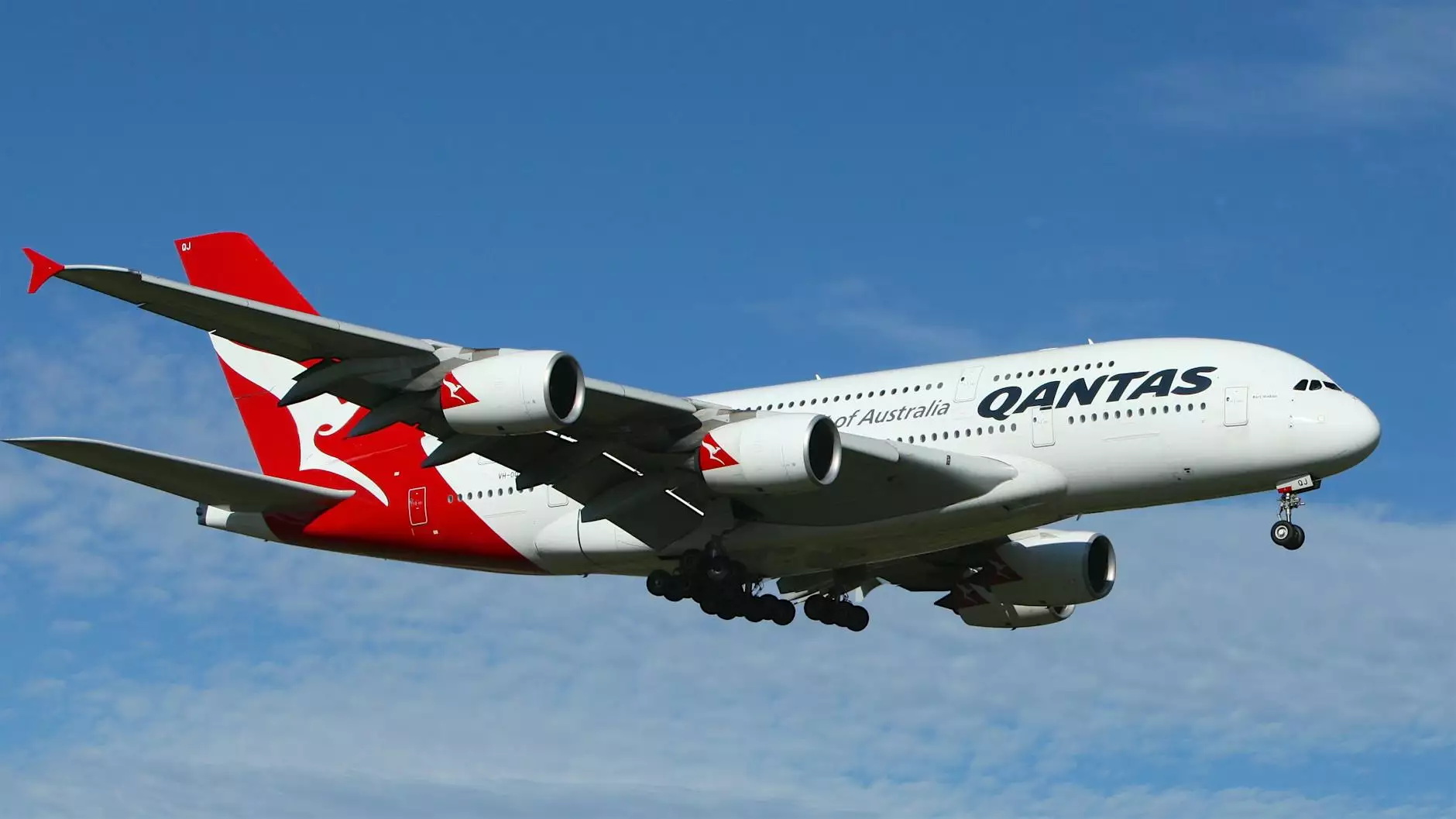Understanding Air Freight Cost Calculation

Air freight cost calculation is paramount for businesses looking to manage logistics efficiently. Whether you are a seasoned logistics professional or a new business owner, understanding how air freight rates are determined is essential for reducing costs and enhancing profitability.
The Importance of Air Freight in Modern Business
In today’s fast-paced market, the demand for rapid delivery has skyrocketed. Businesses rely on air freight due to its speed and reliability. However, calculating air freight costs accurately is crucial for budgeting and financial planning.
Key Components of Air Freight Cost Calculation
Understanding how to calculate air freight costs involves several key components:
- Weight and Volume: Air freight costs are typically calculated based on the greater of the actual weight (how much the package weighs) or the volumetric weight (a calculation that takes into account the space the cargo occupies).
- Distance: The distance between the point of origin and the destination airport can significantly impact the cost of air freight services.
- Fuel Costs: Fluctuations in fuel prices play a crucial role in the operational costs for airlines, affecting overall air freight pricing.
- Handling Fees: Handling fees at airports can vary, adding additional costs to air freight calculations.
- Insurance: It is wise to insure valuable cargo, and the cost of insurance must be factored into the overall air freight cost calculation.
- Customs Duties and Taxes: Import duties and taxes can also affect the total cost depending on the destination country's regulations.
Understanding Actual vs. Volumetric Weight
The calculation method for weight often involves dimensional weight pricing. This is especially relevant for lightweight goods that occupy a significant amount of space. The formula for calculating volumetric weight is:
Volumetric Weight (kg) = (Length x Width x Height) / 5000
Always compare the actual weight and the volumetric weight to determine which will incur higher charges. This critical step can lead to substantial cost savings.
Steps to Calculate Air Freight Costs
To make air freight cost calculation manageable, follow these steps:
- Measure Your Cargo: Accurately measure the dimensions of your cargo and weigh it to determine both actual and volumetric weight.
- Consult Rate Sheets: Reach out to your freight forwarder for current air freight rates specific to your shipment details.
- Determine Additional Costs: Consider any additional costs, such as fuel surcharges, handling fees, and customs duties.
- Calculate the Total: Combine all the above costs to arrive at the total air freight cost.
Factors Influencing Air Freight Costs
Many factors can influence the final air freight cost. Here's a detailed breakdown:
- Seasonality: Demand fluctuates based on seasons and events (e.g., holiday seasons often see increased shipping rates).
- Type of Cargo: Sensitive or hazardous materials may incur higher charges due to special handling requirements.
- Route Availability: Direct flights are usually cheaper than those requiring multiple stops and transfers.
- Service Level: Express services cost more but can be essential for time-sensitive shipments.
How to Save on Air Freight Costs
Reducing air freight costs is essential for maximizing profitability:
- Consolidate Shipments: Use consolidation services to combine multiple small shipments into a single larger one.
- Optimize Packaging: Design packaging that minimizes weight and volume.
- Negotiate Rates: Don't hesitate to negotiate rates with freight forwarders to get the best deal possible.
- Choose the Right Time to Ship: Investigate off-peak times for shipping, as rates can be lower.
The Role of Freight Forwarders
Freight forwarders are invaluable in the logistics sector. They can help companies navigate the complexities of air freight cost calculation. By partnering with a knowledgeable freight forwarder, businesses can streamline their shipping process and achieve greater visibility into their logistics costs.
Choosing a Freight Forwarder
When selecting a freight forwarder, consider the following:
- Experience and Reputation: Look for established firms with positive customer reviews.
- Network: A strong network can facilitate smoother operations and more competitive rates.
- Technology and Tracking: Modern logistics depend on technology. Choose a forwarder that provides real-time tracking and data analysis tools.
Airports as Critical Hubs
Airports serve as critical nodes in the global supply chain. Understanding how different airports operate and their freight capabilities can also aid in better air freight cost calculations.
Major Airports for Air Freight
Here are some of the top airports known for high freight volumes:
- Chicago O'Hare International Airport (ORD): One of the busiest airports in the U.S. with extensive freight operations.
- Memphis International Airport (MEM): Known as the international hub for FedEx.
- Hong Kong International Airport (HKG): A central hub for cargo in Asia, renowned for efficiency.
- Los Angeles International Airport (LAX): Major gateway for freight to and from the Asia-Pacific region.
Utilizing Technology in Air Freight Management
Technology is revolutionizing air freight management. Software solutions now provide businesses with tools to analyze shipping data, calculate costs, and predict future shipping trends.
Benefits of Technology
- Automation: Streamlined processes and reduced manual errors.
- Real-time Data Access: Immediate access to shipping information, allowing for informed decision-making.
- Cost Optimization: Advanced analytics tools can identify the most cost-effective shipping methods.
Conclusion
Mastering air freight cost calculation is essential for modern businesses aiming to thrive in a competitive environment. By understanding the key factors influencing costs, employing effective strategies for cost savings, and leveraging technology, companies can optimize their air freight logistics and enhance overall operational efficiency.
For more information on air freight and logistics solutions, visit cargobooking.aero to discover how we can support your shipping needs.









